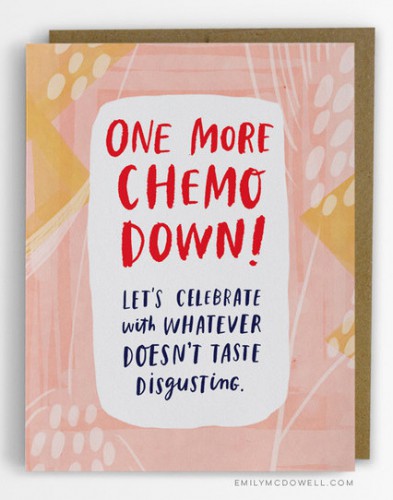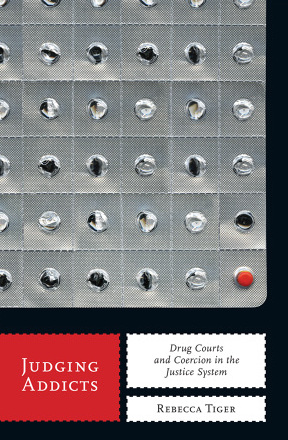
An old article from Slate.com recently caught my attention. And by old, I mean OLD by interwebs standards. The article is dated November, 2013. But I’m just reading it now, which is common, as I’m not the most up-to-date person out there.

The article’s title is eye-catching: No one brings dinner when your daughter is an addict. Essentially, the author writes about how his family’s fridge and freezer overflowed with meals when his wife was diagnosed with breast cancer. Visits, cards, well-wishes, and meals upon meals upon meals flooded their home. His wife recovered and the meals waned to a full stop.
He picks the story up years later. Another tragedy hits their family. But unlike the first one, this tragedy is addiction (drugs and alcohol). His daughter is being consumed by addiction. This time, though, the only thing that’s overflowing is silence. No visits, cards, well-wishes, and no meals. None. The family is under strain again, but no one reaches out to help them.
I’m left asking why?
But I know why.
Their community is silent because addiction is still seen as our fault. Consciously or not, addiction is still that thing that causes us to shake our heads in disappointment, whisper a condescending “That’s a shame…”, and run through our mental list of judgments: the parents must have done something wrong…obviously she made a bad choice…I can’t believe that any rational person would let that happen to themselves…tsk tsk tsk. So, if this was something that should have been (and could have been) avoided, then it makes sense that help was withheld. Help is only for those who are real victims, and an addict isn’t a real victim. Those who have been in accidents or diagnosed with a terminal disease are real victims because they didn’t ask for this, while the addict obviously brought their troubles on themselves.
But that’s an ugly lie.
 A victim is a victim whether the victimization comes from without or from within the person. An addict is an addict not because they set out to become one, but because they couldn’t not be one. Just as no child sets out to get sick, no child sets out to become an addict. The child who grows to be an addict and the child who receives the terminal diagnosis are equally blind-sided by the brokenness of our world and our human nature. Finding oneself in rehab not so different from finding oneself in the oncology ward. In both cases, control has failed.
A victim is a victim whether the victimization comes from without or from within the person. An addict is an addict not because they set out to become one, but because they couldn’t not be one. Just as no child sets out to get sick, no child sets out to become an addict. The child who grows to be an addict and the child who receives the terminal diagnosis are equally blind-sided by the brokenness of our world and our human nature. Finding oneself in rehab not so different from finding oneself in the oncology ward. In both cases, control has failed.
And as Jesus reclined at table in the house, behold, many tax collectors and sinners came and were reclining with Jesus and his disciples. And when the Pharisees saw this, they said to his disciples, “Why does your teacher eat with tax collectors and sinners?” But when he heard it, he said, “Those who are well have no need of a physician, but those who are sick. Go and learn what this means, ‘I desire mercy, and not sacrifice.’ For I came not to call the righteous, but sinners.” (Matthew 9:10-13)
In this episode (and others), Jesus levels the playing field of what it means to be sick. We’re all sick. There are no degrees of victimhood. We are all victims. Real ones. And victimizers too, for that matter.
I’m not saying that some infirmities aren’t more damaging or incapacitating than others. But in the grand scheme of things, we are all in need of a physician, in need of mercy, of tenderness, of love–from the biggest and strongest of us to the smallest and weakest of us. Extending a hand to the family with a daughter in rehab is no less valid or important than extending it to the one struggling with the fact that their mother has cancer.
We are the sick loving the sick.

COMMENTS
2 responses to “Sick to Sick”
Leave a Reply













Wonderful post…thanks!!!
Mental Illness fits into the category of ” non acceptable” diseases as well.